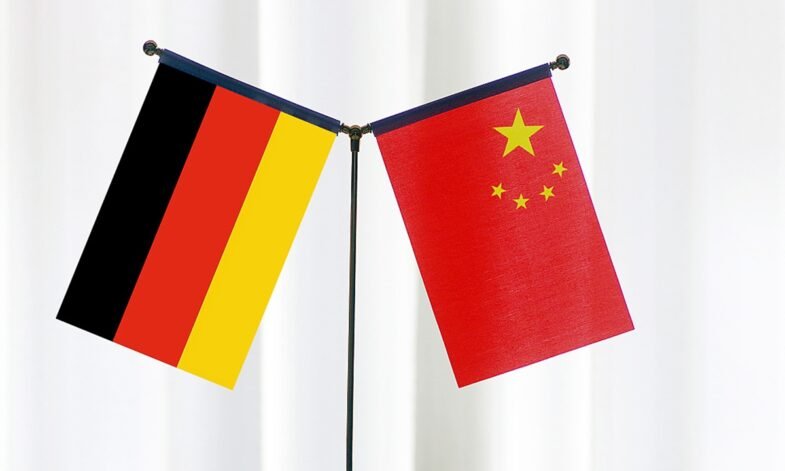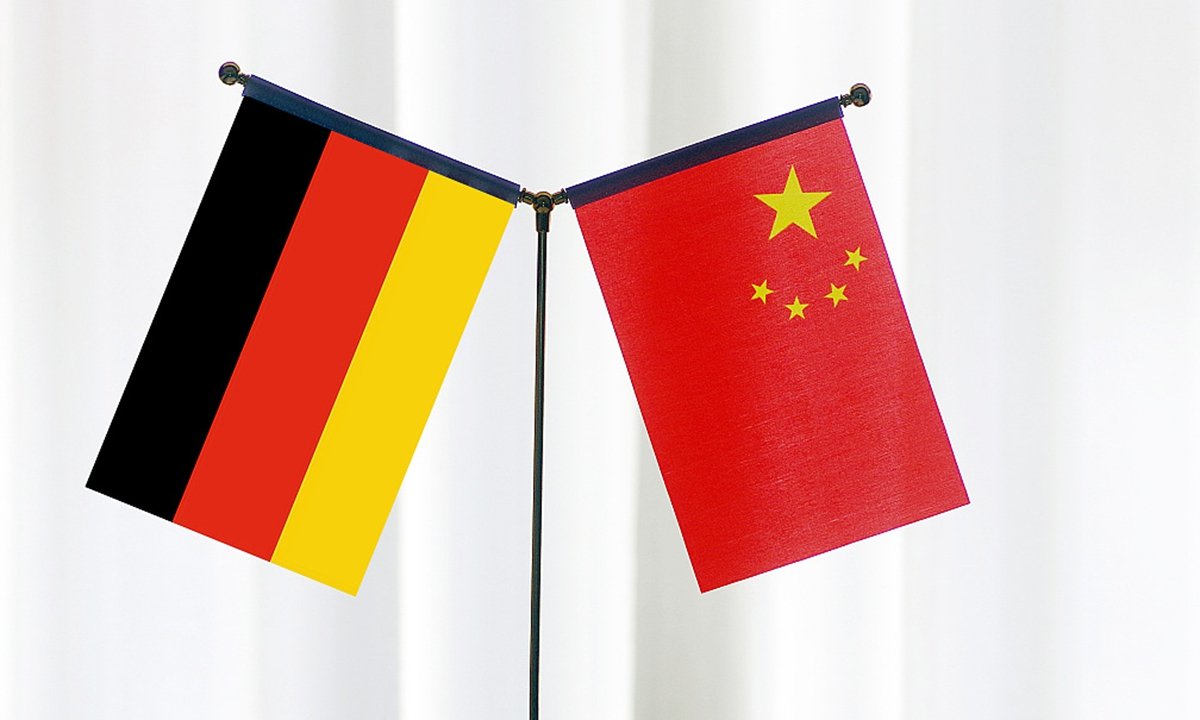Friederike Dorfler, the agriculture and food counsellor for the German embassy in Beijing, claims that China is one of the most important markets for German exports outside of EU.

Hendrik Barkeling, head of the economic department and minister counsellor at the German embassy in Beijing, stated this at the China (Gansu)-German AgriFuture Cooperation Conference on Friday in the northwest Chinese city of Lanzhou, Gansu province. “There is no industry suffering [from climate change] as much as agriculture,” he added.
During the event, which was co-hosted by the German Agricultural Society, German embassy in China, and China Council for the Promotion of International Trade, he continued, “Every country has a particular responsibility to combat these challenges to further increase efficiency in agricultural production and at the same time to ensure the conservation of natural resources.”
German diplomats urge China and Germany to strengthen agriculture collaboration amid climate change and global supply chain disruptions. They hope Beijing will relax its pork import ban. Germany has a social responsibility to share its digital agriculture sector, while China’s size and population make it an important player.
Chinese representatives from over a dozen German companies attended the AgriFuture Cooperation Conference, alongside firms from Gansu province and local officials.
“Such exchanges are crucial in light of the Covid pandemic‘s three-year blockage of human contact and supply chain disruption. One of the largest grain exporters in the world is isolated from the rest of the world as a result of Russian aggression in Ukraine, according to Barkeling.
Although there have been no direct Western sanctions on the Russian grain market, the war’s logistical challenges have made it more difficult for exporters to ship agricultural products and arrange payments.
“And that’s why in Germany there is increasing discussion about de-risking, there is the same discussion in Europe,” Barkeling said.
He asserted that the logic behind China’s growing emphasis on security and self-sufficiency, which is not just in the agricultural sector, is similar, and that the key is to strengthen future economic ties between the two nations.
The resumption of Chinese imports of German pork, which were halted in September 2020 due to the African swine fever, may fall under this category.
Germany has been urging China to agree to the “regionalization concept,” which limits imports only from areas where the disease has been found rather than imposing a total embargo on the entire nation.
Barkeling continued, “Germany would like to export to China again. The outbreak has been effectively stopped.
Friederike Dorfler, the agriculture and food counsellor for the German embassy in Beijing, claims that China is one of the most important markets for German exports outside of the EU.
She added that while China struggles to feed nearly 20% of the world’s population with less than 10% of the world’s arable land, Germany exports about a third of its agricultural products.
During the conference in Lanzhou, she added, “This shows us that trade is important, that we have to share our resources, share our work, and trade goods.”
Especially following the conflict in Ukraine, President Xi Jinping has urged China to become self-sufficient in food on numerous occasions in recent years.
During the annual central rural work conference, Xi emphasized the importance of agriculture as the foundation of national security and emphasized the need to address weak links, such as low productivity. Since the start of the Ukraine war in 2022, over 30 countries have limited food exports, leading to social turmoil and regime change. He emphasized the need for modernization in agriculture, as a lack of it could result in food dependence on others.
